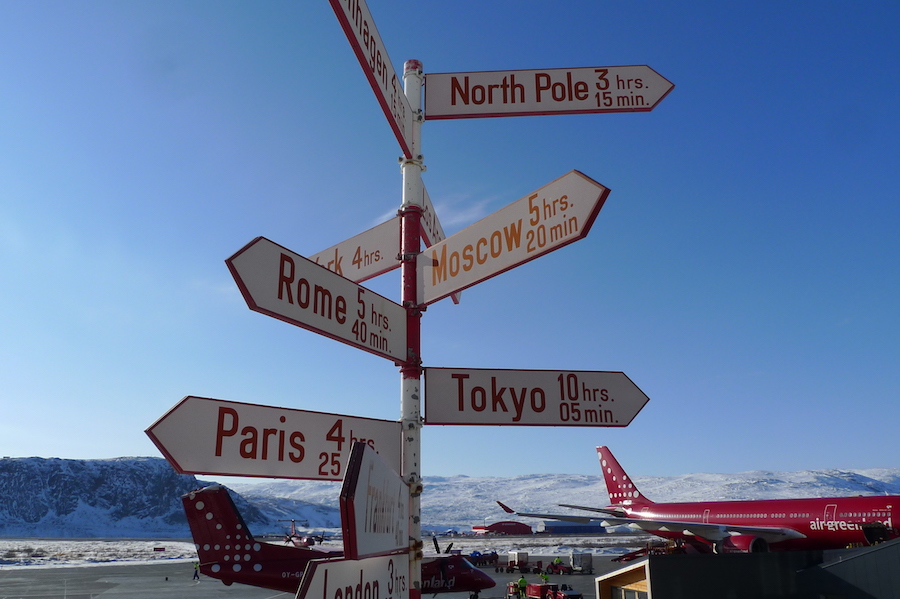Greenland’s companies are eager to get back to business
With few firms qualifying for aid and no active cases of COVID-19, some business owners say it's time for coronavirus restrictions to be dropped.

Greenlandic businesses are calling for a quick end to COVID-19-related restrictions as they seek to revive an economy that a recent survey shows has only partly been propped up by the self-rule administration’s aid packages.
Just 30 percent of Greenlandic businesses report having applied for payroll assistance or other forms of compensation made available to them on March 21. The rest, according to Sulisitsisut, a business lobby, either did not qualify for assistance or could not document that they had been affected by COVID-19.
[Iceland eyes a June border opening]
While Sulisitsisut suggested that making it easier to qualify would help some businesses, and indeed, would be necessary should restrictions continue, a report it issued together with the survey made it clear that the attitude amongst businesses was that restrictions on commerce should to be lifted.
“Most companies find that assistance programs either are irrelevant or that they will be a burden to them going forward,” it wrote.
Greenland’s response to COVID-19 has focused on containing an initial outbreak to Nuuk by sealing off the city from the rest of the country and imposing social-distancing measures there.
The response is credited with limiting the number of reported cases of COVID-19 to 11, all of which have since recovered.
[Greenland is well-placed to weather COVID-19’s economic storm, economists say]
A domestic travel ban was lifted on April 25, but a ban on non-essential international travel remains in effect until June 1. Now that threat of a national outbreak appears remote, however, businesses are looking for it to be lifted.
There has been no indication of whether that ban will be extended, but the tourism industry — which, according to Sulisitsisut, has been the biggest recipient of assistance funding — worries that doing so would ruin many local businesses.
Tourism groups have been hoping to offset some of the impact by launching a national “staycation” campaign, urging people to take domestic vacations this summer, but the industry says that is unlikely to make up for lost spending by foreign visitors.